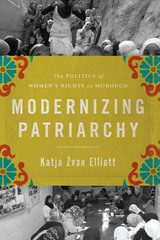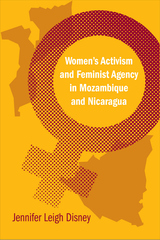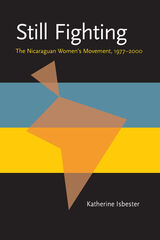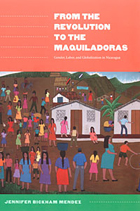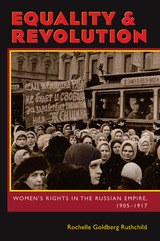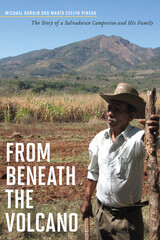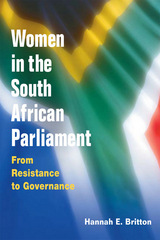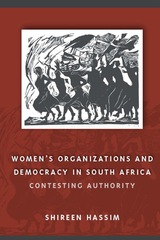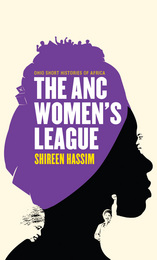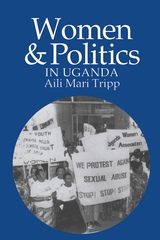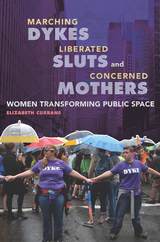Women and Politics in Uganda
University of Wisconsin Press, 2000
Paper: 978-0-299-16484-3 | eISBN: 978-0-299-16483-6 | Cloth: 978-0-299-16480-5
Library of Congress Classification HQ1236.5.U33T75 2000
Dewey Decimal Classification 305.42096761
Paper: 978-0-299-16484-3 | eISBN: 978-0-299-16483-6 | Cloth: 978-0-299-16480-5
Library of Congress Classification HQ1236.5.U33T75 2000
Dewey Decimal Classification 305.42096761
ABOUT THIS BOOK | AUTHOR BIOGRAPHY | REVIEWS | TOC | REQUEST ACCESSIBLE FILE
ABOUT THIS BOOK
Uganda has attracted much attention and political visibility for its significant economic recovery after a catastrophic decline. In her groundbreaking book, Aili Mari Tripp provides extensive data and analysis of patterns of political behavior and institutions by focusing on the unique success of indigenous women’s organizations.
Tripp explores why the women’s movement grew so dramatically in such a short time after the National Resistant Movement took over in 1986. Unlike many African countries where organizations and institutions are controlled by a ruling party or regime, the Ugandan women’s movement gained its momentum by remaining autonomous.
Tripp explores why the women’s movement grew so dramatically in such a short time after the National Resistant Movement took over in 1986. Unlike many African countries where organizations and institutions are controlled by a ruling party or regime, the Ugandan women’s movement gained its momentum by remaining autonomous.
See other books on: Feminism | Political activity | Societies and clubs | Tripp, Aili Mari | Uganda
See other titles from University of Wisconsin Press

